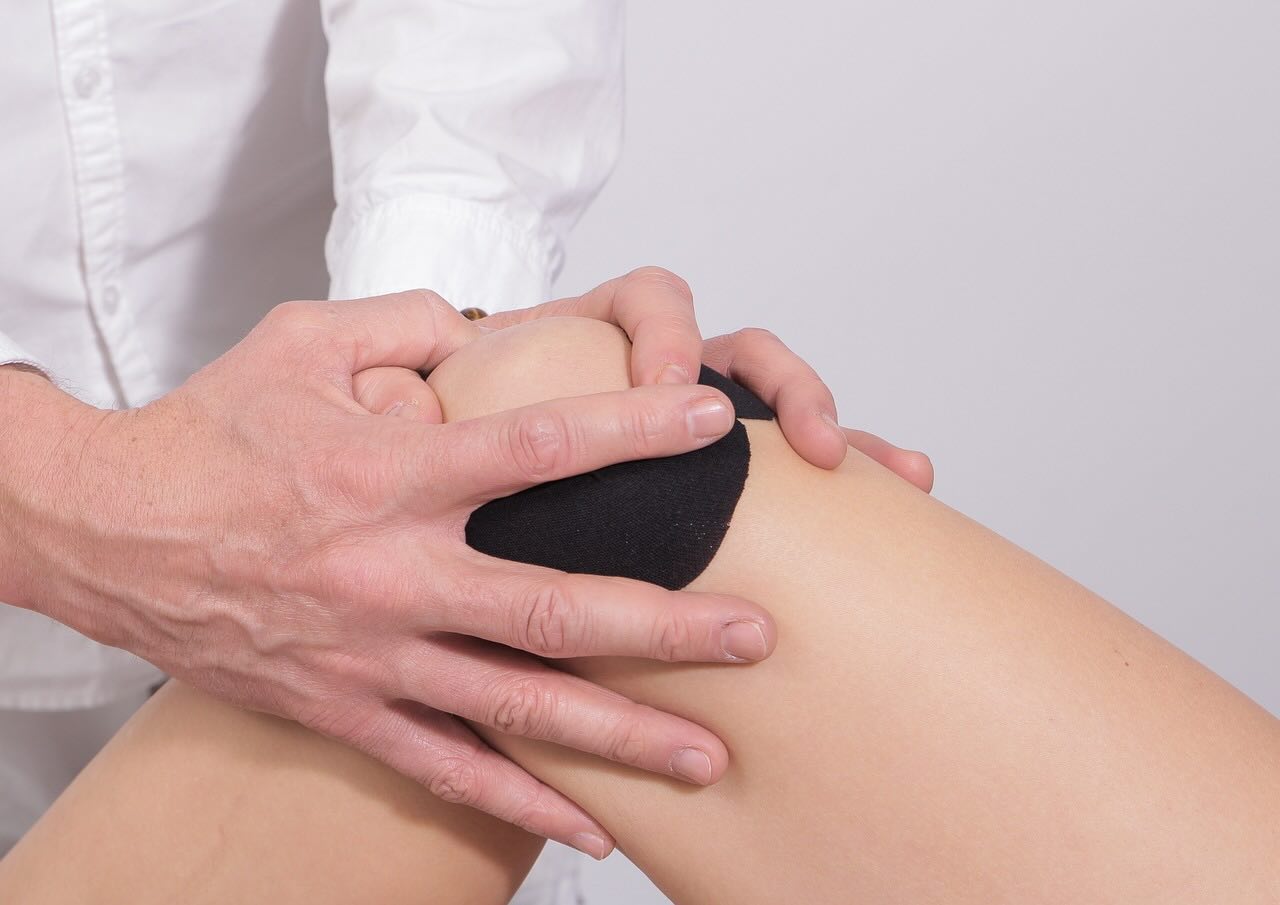Join our Support Group
Your questions and concerns have most likely been asked and answered in our support group.
What is Total Knee Arthroplasty?


If you have been told that you need a total knee arthroplasty then your doctor is suggesting you have a total knee replacement.
This process is used to help relieve pain and to help your knee function properly again. It involves cutting out a diseased knee joint and then replacing it with an artificial knee joint that is crafted out of polymers, metal and plastic parts.
Why Would Someone Get a Total Knee Arthroplasty?
A total knee replacement can be a big deal, which is why many people opt for physical therapy or a partial knee replacement. However, depending on how much range of motion, strength, and the level of severe knee pain you are expecting it may not be an option.
Some people end up with a total knee replacement because of a severe knee injury, but most people who see orthopedic surgeons do so because their cartilage is practically gone. As you age your cartilage slowly wears down, and at some point, it will disappear leading your bones to rub on each other which is what causes severe knee pain and sometimes inflammatory arthritis.
If the orthopedic surgeon examines you and notes chronic knee inflammation, knee osteoarthritis, diminished foot and ankle movement, damaged cartilage, or severe arthritis pain or joint pain during their complete physical examination then they will likely recommend knee replacement surgery.
Risks and Benefits of Total Knee Replacement Surgery
The most obvious benefit of total knee replacement surgery is pain relief. While recovery can be painful, once the first few weeks after surgery pass you will notice tasks like climbing stairs will be once easier. Most people are also able to reduce their dependence on pain medications following surgery and regain knee motion.
There are risks associated with total knee replacements, however, some of which are unique to knee surgery and some of which are associated with any joint replacement surgery. One you have one surgery there is always a risk that further surgery will be needed down the road.
In addition, there are certain risks associated with anesthesia and surgery in general that are also present during knee joint replacement surgery including pulmonary embolism, issues with blood vessels, blood clots, painful scar tissue, chest pain (that can indicate a heart attack), nerve damage, damaged cartilage and bone, stroke, and infection.
Some of these risks can be successfully lowered by starting on blood thinners and choosing fully board-certified hip and knee surgeons to perform knee surgery.
How to Prepare for Total Knee Arthroplasty
Before your total knee arthroplasty, you need to stop taking food and medications as advised by the orthopedic surgeons and anesthesiologist. You also need to be aware that you will not be able to climb stairs or do many normal activities for a few weeks following surgery.
Therefore it is advisable to talk to your doctor about changes you should make such as installing safety bars, handrails, and creating a first-floor living space you can use during recovery.
If you are dealing with knee instability or knee pain our specialists can help, contact Ortho Westmount today.




